


BosGrono
gamer level 7
15496 xp
15496 xp
followers
4
4
Use my invite URL to register (this will give me kudos)
https://boardgaming.com/register/?invited_by=tweetonm1
profile badges




recent achievements

I'm a Gamin' Fiend!
Claim that you have played a game today by clicking the "Played Today!" button on a game page 200 times.
Claim that you have played a game today by clicking the "Played Today!" button on a game page 200 times.

Champion
Give 500 hearts (loyalty points) to a single game
Give 500 hearts (loyalty points) to a single game

Amateur Advisor
Submit 5 game tips, strategies, or house rules and receive a total of 60 positive ratings.
Submit 5 game tips, strategies, or house rules and receive a total of 60 positive ratings.

Sophomore
Earn Professor XP to level up by completing Professor Quests!
Earn Professor XP to level up by completing Professor Quests!



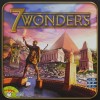

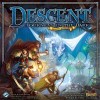





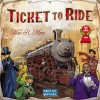

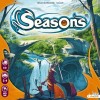



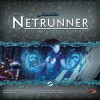



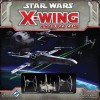







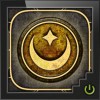








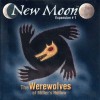

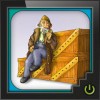
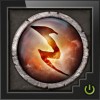

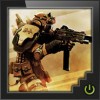
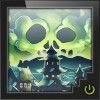









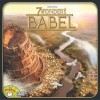
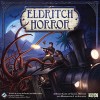




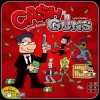



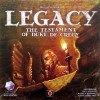












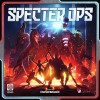



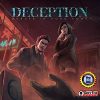







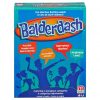
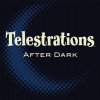

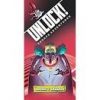

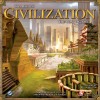

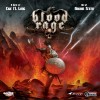








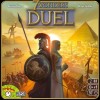



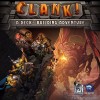

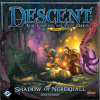

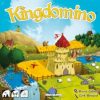

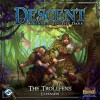



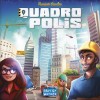
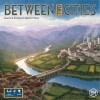







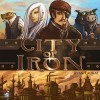


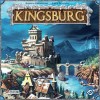

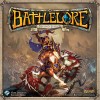


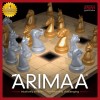








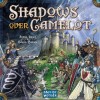



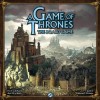

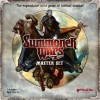
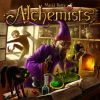

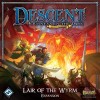



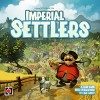


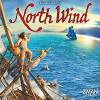
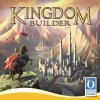



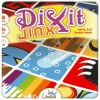
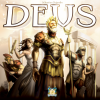
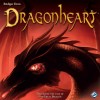

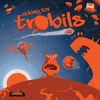
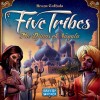





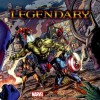
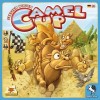
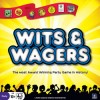

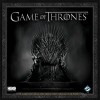
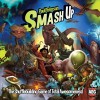




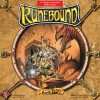
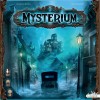




Telestrations
Easily one of the best party games in my collection, Telestrations has the ability to turn the worst artist(s) in any group into the comedic genius of the game. Simply put, Telestrations is a combination of the game telephone and Pictionary combined into one unique, fun experience.
Components:
Though it is true that this game could easily be done with pad and paper, the provided game components are well done and assist in playing the game quickly and easily. Each player is given a dry erase flip-pad with numbered tabs with an accompanying marker and eraser cloth. The game comes with one die and a box of cards. Each card has six random words/phrases. Finally, there is a sand timer provided.
Gameplay:
Each player draws a card and based on the roll of the die writes the corresponding word on their pad. Then, depending on whether there are an even or odd number of players, players either pass just the word or provide their best drawing of the word within the timers allotment and then pass. Turns then oscillate between guessing what was drawn with a word or drawing the word passed to you.
How do I win:
Honestly, I don’t know. I own the game, which comes with a rule book that provides methods for scoring… but I’ve never done so. No one I have ever played with has ever cared about scoring this game (using the term “game” loosely). That’s why I love Telestrations. More than any other party ‘game’ I own, Telestrations is about the experience (Cliché…). When no one cares about scoring, everybody wins (another cliché… knock it off).
But I can’t draw:
EVEN BETTER! If you’ve ever played the classic game telephone, part of the joy was the reveal of how different from the original message the final message became. It was as though the bigger the difference, the more solid the punch line landed. I’ve found the same to be true for Telestrations. The best moments in my game group have come from the “What am I looking at?!” moment when you’re passed a picture. (I will say that I’ve played with an amateur artist before as well – that experience was hilarious as well.) The point is it doesn’t matter if you can’t draw well, this will only lead to a more solid punch line.
Some downsides:
I will admit that Telestrations grows better with a larger group of people. I’ve played with the minimum of four, and the experience fell flat. There just wasn’t enough opportunity for the words/phrases to become distorted. At the other end of the spectrum, the games I’ve played with 12 (I own the 12 player version) were hands down the most fun.
On top of that, the provided pens dried up pretty quick, but it was simple enough to purchase some more, higher-quality dry erase pens from a local craft store.
Conclusion:
Telestrations will remain a treasured favorite in my collection. I recommend this party game to all gamers interested in truly funny moments among friends and family.